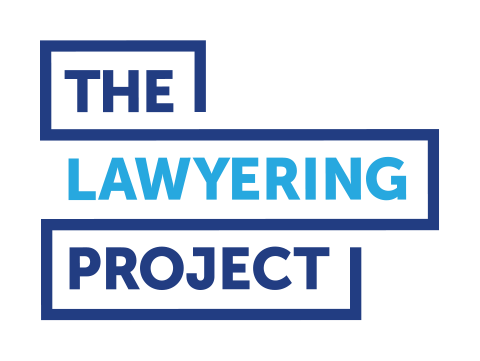Physicians Tell Supreme Court: Inability to Rely on EMTALA Forces Them to Violate Their Medical Ethics and Conscientious Beliefs
Four physicians provide first-hand accounts of how having to delay or withhold emergency abortion care defies their medical training and conscientious convictions
04.01.24 – (PRESS RELEASE) Last week, four physicians filed an amicus brief at the Supreme Court in opposition to Idaho’s attempts to exclude pregnant people from the protections afforded by the Emergency Medical Treatment and Labor Act (EMTALA).
The brief—filed by Dr. Caitlin Bernard, Dr. Lauren Miller, Dr. Leilah Zahedi-Spung, and Dr. Nikki Zite—provides first-hand accounts of how the inability to rely on EMTALA to offer emergency abortion care needed to stabilize patients forces physicians to violate their medical ethics contrary to EMTALA’s intent.
The brief also contains painful first-hand accounts of how having to delay or withhold abortion care from patients suffering severe health emergencies not only jeopardizes their patients’ health and lives at odds with EMATALA’s intent, but also forces many physicians to violate their deeply held conscientious and religious beliefs. Specifically:
- Bernard describes how the inability to rely on EMTALA to offer emergency abortion care even in cases of virtually inevitable fetal death makes physicians feel as if they are actively harming their patients in an inverse of the Hippocratic Oath. “Effectively turning away a patient in need chips away at your soul every time you do it.” (page 25)
- Miller shares how the inability to provide an abortion to a patient experiencing preeclampsia despite EMTALA’s protections trampled on her duty to respect patient autonomy, leaving her “in the callous position of communicating the substantial hazards of remaining pregnant any longer only to refuse [her] patient the abortion she needed and wanted.” (pages 18 – 19)
- Zahedi-Spung details how having to refer a seriously ill patient out of state for an abortion contrary to Congress’s intent in enacting EMTALA, and thus delaying the patient’s care, forced her to forsake her deeply held conscientious belief in empowering the vulnerable: “Fortunately, she survived, but [the] ordeal turned me inside out.” (page 30)
- Zite relates how the inability to rely on EMTALA to provide emergency abortion care forces her to compromise her religious ideals. She is terrified that things will only get worse: “What is more, I live in perpetual fear that I will have to watch a woman die, grow so sick that she sustains life-long brain, heart, or lung deficits, or lose her fertility.” (pages 27 – 28)
The brief also describes how the inability to adequately treat pregnant patients in serious medical emergencies has forced physicians to violate their conscientious beliefs by driving them out of states that already have a shortage of maternal-fetal medicine specialists.
The Lawyering Project submitted the amicus brief on behalf of the four physicians.

